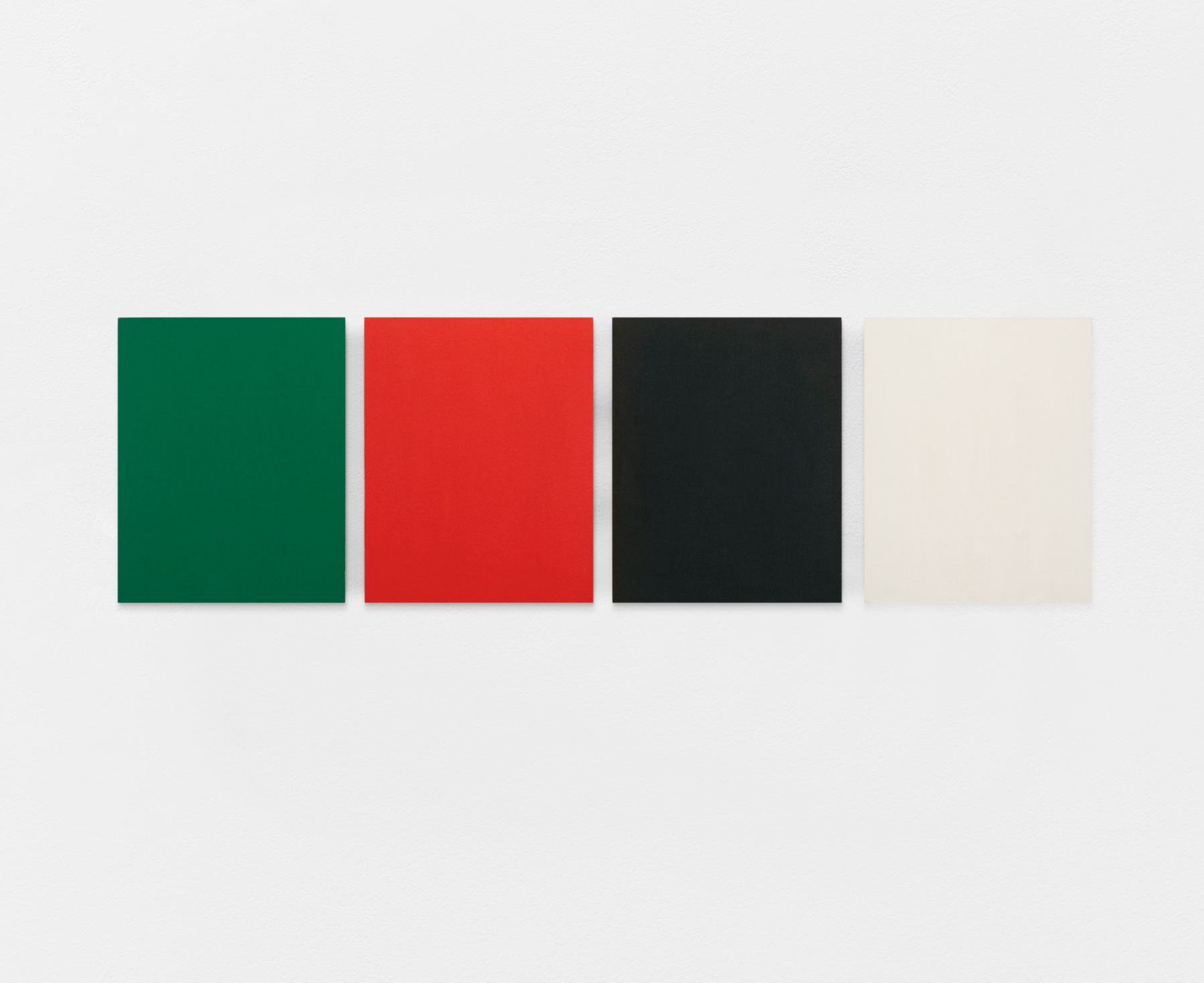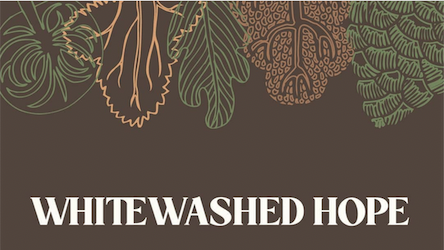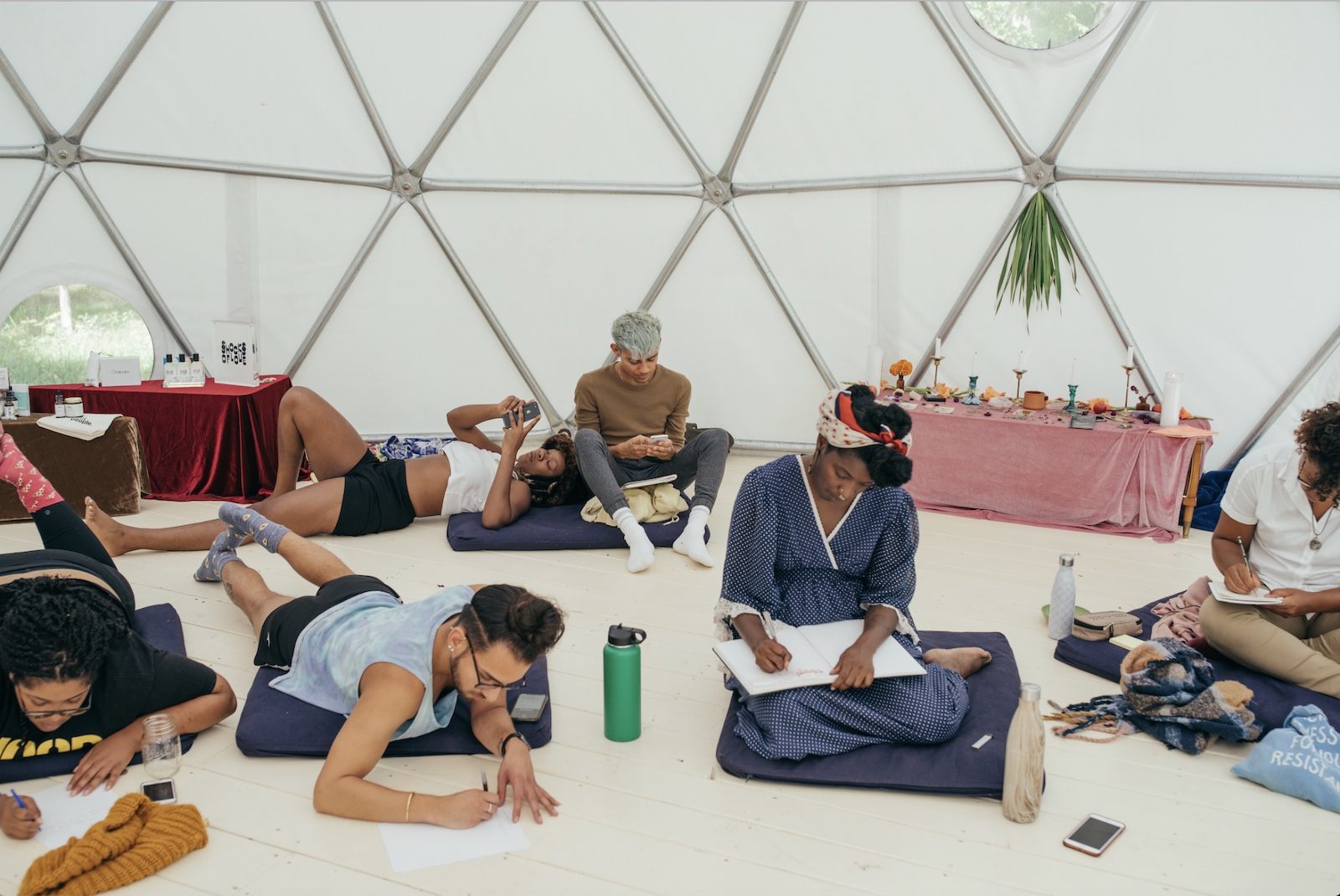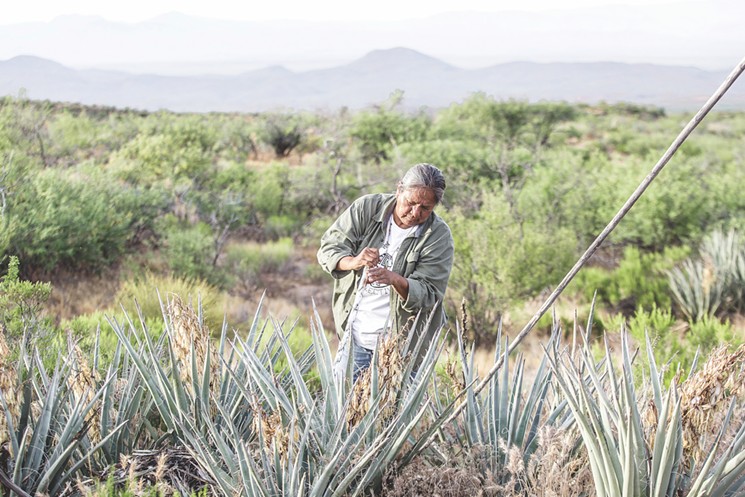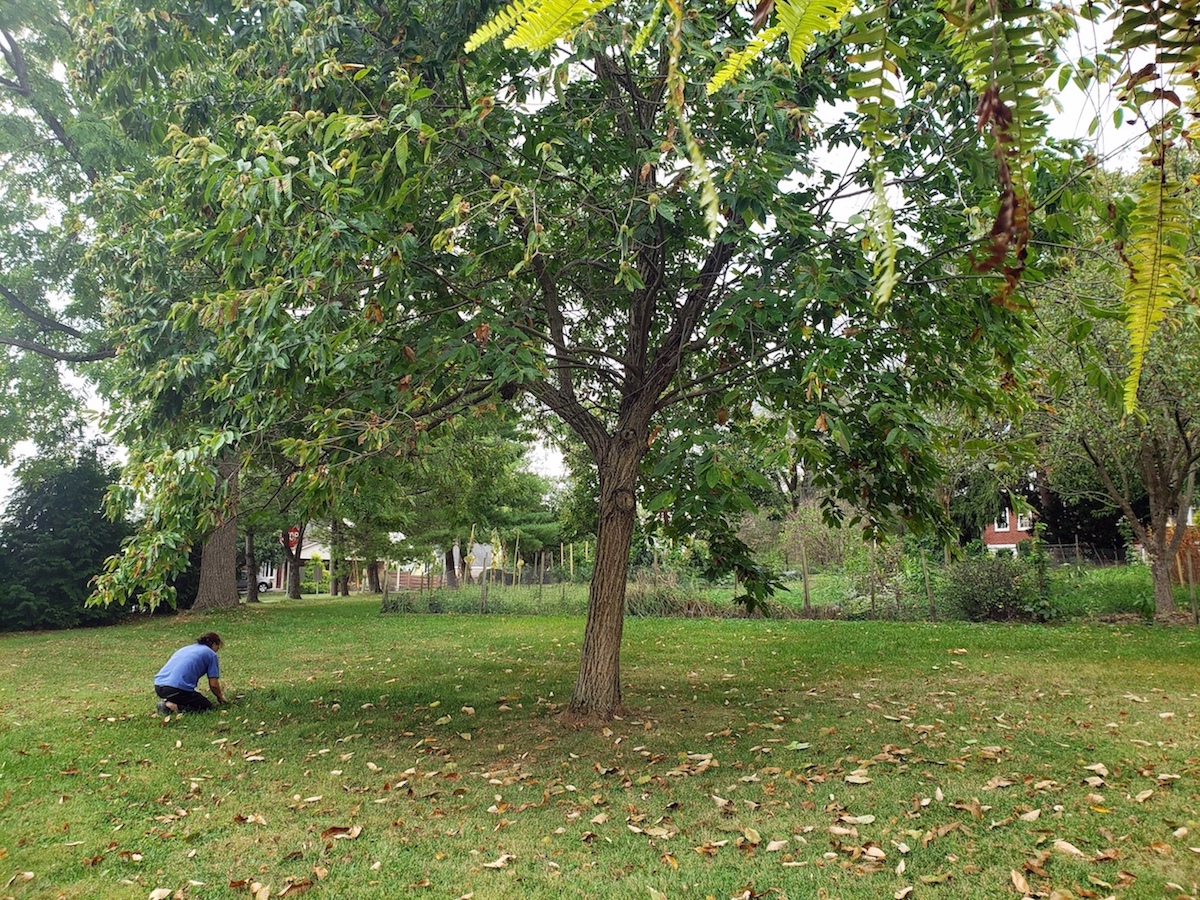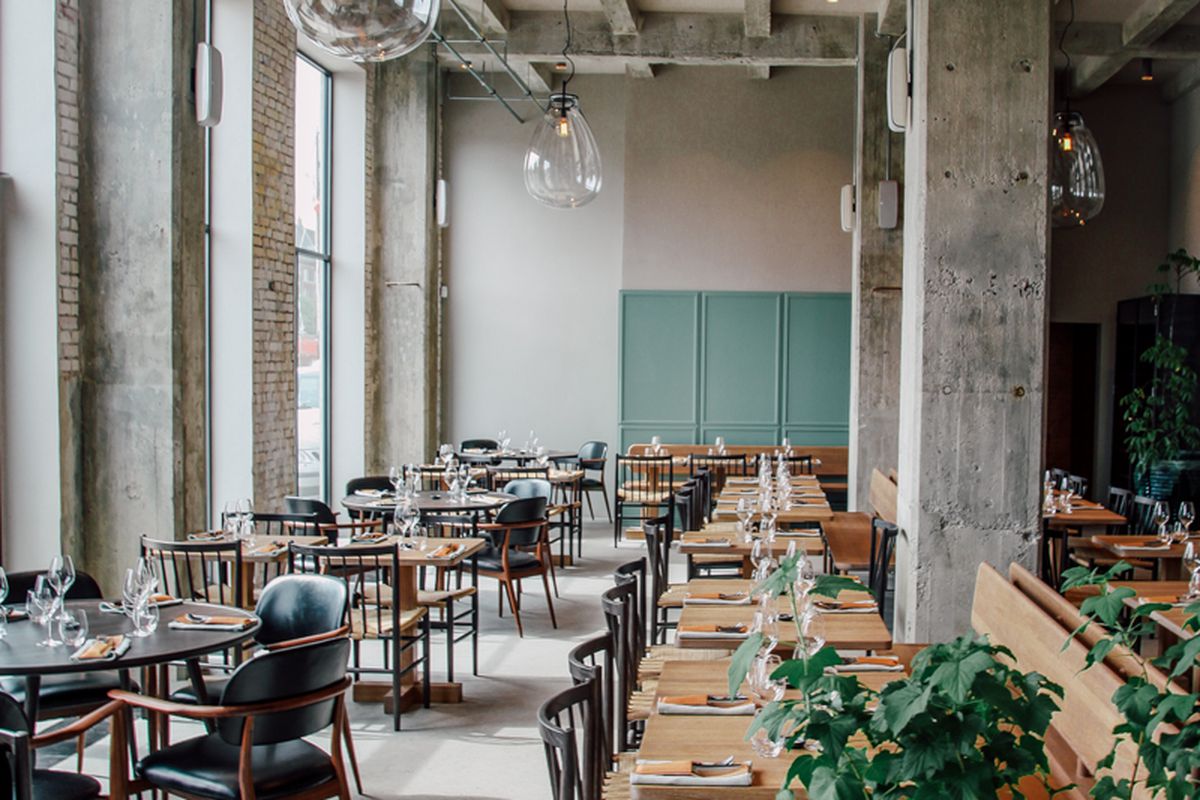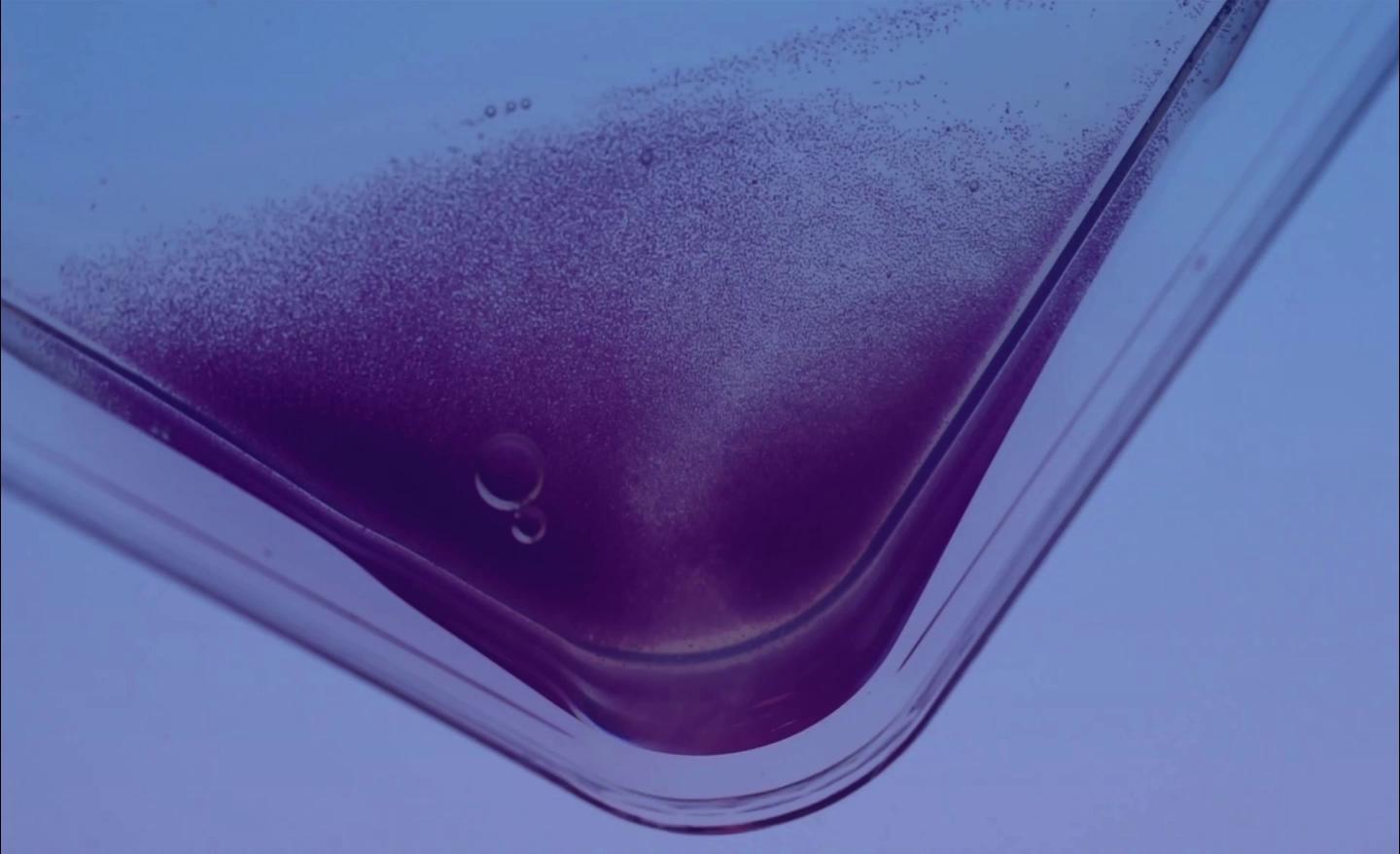Issues concerning food systems and the environment are far reaching, with plant waste and agricultural practices affecting a diversity of industries. Students at the Fashion Institute of Technology in New York City are raising awareness about the negative impacts of their design process, looking towards plant-based solutions as the answer. With student-led projects like Ego Sum Terra, a textile compost system, and the FIT Natural Dye Garden, they’re building connections between fashion and the field.
Developing designs calls for testing—the creation, assessment and revision—of ideas. In the world of fashion, this design process relies on cotton muslin, an undyed, cotton fabric that fashion designers use for building prototypes on mannequins. The muslin is draped, cut and folded until the designer finds a satisfactory pattern for their final product, allowing them to avoid wasting more expensive fabrics. Although this process saves money and prevents wasteful use of more complex fabrics, the muslin itself is still discarded in alarmingly high volumes.
 Muslin “cooking” or breaking down, so that it can provide nutrients for gardens at FIT.
Muslin “cooking” or breaking down, so that it can provide nutrients for gardens at FIT.
Sustainability-minded FIT students Lydia Baird and Willa Tsokanis devised a recycling system for the cotton-muslin waste, installing a compost system on campus that produces nutrient rich compost to be used at gardening spaces across campus. Unlike other fabrics, muslin is undyed and unbleached, making it easy to compost without concerns over toxicity from dyes or chemicals. Furthermore, the scraps of muslin are usually small and oddly shaped, making it difficult to reuse them for other projects or clothing patterns. Even if the fabric scraps are used for rags or patches, they’re eventually discarded, without being entirely recycled.
 Nutrient rich soil produced by FIT’s muslin composting is used in a rooftop dye garden.
Nutrient rich soil produced by FIT’s muslin composting is used in a rooftop dye garden.
Soil produced by the Ego Sum Terra composting project is later used to fortify and provide nutrients to green spaces on campus, primarily feeding into the FIT Natural Dye Garden. Founded in 2014 by Caitlin Powell, Amber Harkonen, and Meghan Navoy, the natural dye garden highlights the toxic byproducts and excessive water use that are just a few of the harmful side effects of synthetic dye production. Unlike commercial dye manufacturing, or even large-scale growth of plants for dye, the FIT dye garden doesn’t use pesticides and doesn’t destroy land with intensive farming practices.
 In contrast with commercial dyes, organically grown, plant-based dyes are produced with minimal negative environmental impacts.
In contrast with commercial dyes, organically grown, plant-based dyes are produced with minimal negative environmental impacts.
The partnership between the design school’s muslin composting project and natural dye garden acts as a step towards connecting design, sustainability, and agriculture; the projects’ success and continuation by students at FIT in the years since their founding indicates an established interest in how design impacts the earth.
This story is part of a larger Back to School series focused on how design students are self-organizing to address the complexities, opportunities, and failures of our food system.








